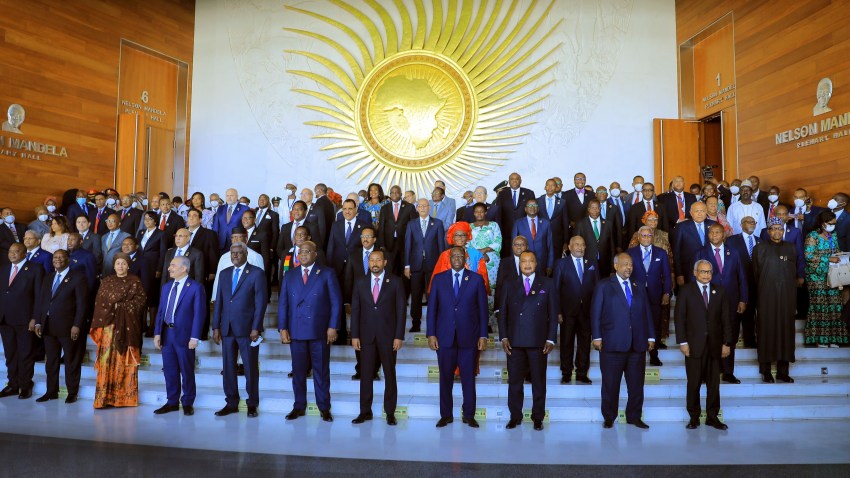As I began writing this year’s first edition of Africa Watch, I spent time thinking about some of the significant events and developments that took place across Africa last year. The seemingly resurgent trend of coups seen across West Africa over the past few years continued into 2022, beginning with a military takeover in Burkina Faso in January and another “coup within a coup” there in September. There were other examples of attempts to effect an unconstitutional change of government, including an armed attack in Guinea-Bissau widely believed to be a failed attempt to overthrow President Umaro Sissoco Embalo. Elsewhere, reports surfaced of alleged coup plots in Sao Tome and Principe, Mali, the Democratic Republic of Congo and Gambia.
Fears over the worrying spate of military takeovers in West Africa and elsewhere across the continent are likely to persist in 2023, amid the conditions that make coups more likely or at the very least tend to coincide with them. Last year, West African leaders created a regional force ostensibly to intervene against violent insurgencies and coups, but it is unlikely to resolve the deep-seated challenges of governance, legitimacy and statehood that lead to military takeovers.
2023 will also be a year of big elections across Africa, with voters in Nigeria, Zimbabwe, Liberia, Sierra Leone and Congo set to take to the polls amid economic anxieties and other issues. In February, Nigerians will vote for a successor to outgoing President Muhammadu Buhari, who will step down on May 29. The presidential contest is expected to be a hard-fought one, and it is possible that a runoff might be required to produce a winner. The race features formidable frontrunners that include former Vice President Atiku Abubakar; Bola Tinubu, a former governor of Lagos state; Peter Obi, a former governor of Anambra State; and Rabiu Musa Kwankwaso, a former senator, defense minister and governor of the vote-rich Kano state, said to be the most populous in Nigeria.

